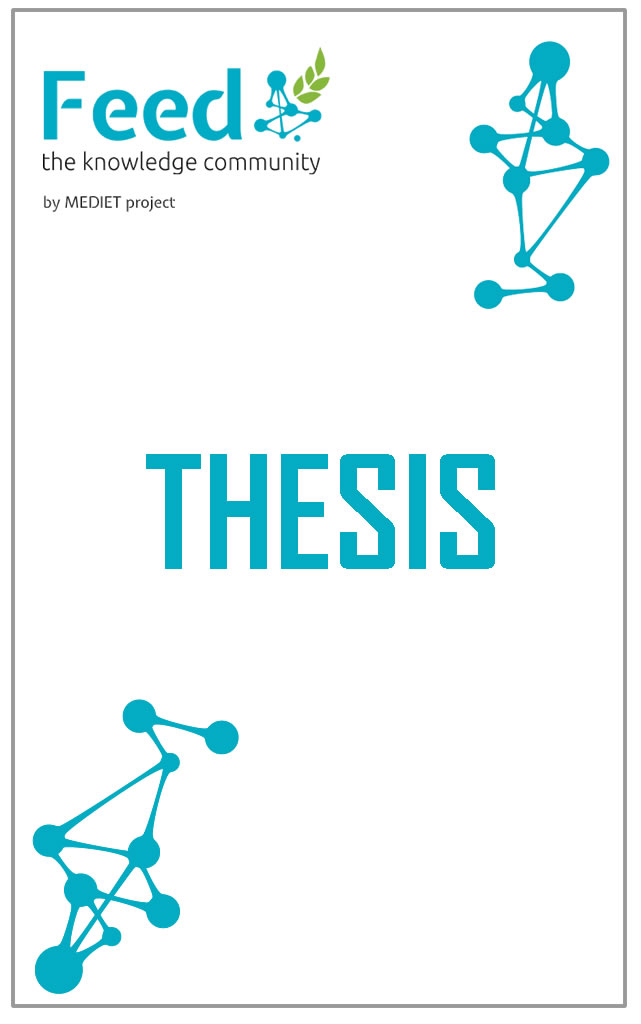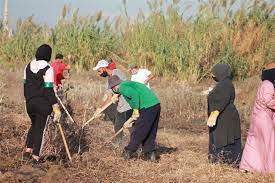THESIS & RESEARCHES

Cyantraniliprole Use-and-Risk Reduction in Faba Bean by White Mustard
Year:
2020
Author:
ABDELMOATY Fatma Mohamed Emam
Cyantraniliprole (CYANO) is a new insecticide in the ryanoid class that has been approved for use since 2013, but data on risk are still lacking. The aim of this study was to assess CYANO risks and the potential of white mustard oil (WMO) as a botanical alternative to reduce these risks in faba beans. Specific objectives included investigating the efficacy of CYANO and WMO against Aphis craccivora Koch, assessing CYANO and WMO toxicological effects on Apis mellifera and the presence of residues in honey, and exploring CYANO environmental fate and behaviour. Therefore, several trials were run aiming to determine: CYANO and WMO Lethal dose (LD50) on aphids and % reduction of infestation; CYANO and WMO (LD50) on honeybees and histological evaluation; quantification of CYANO residues in pods, leaves, soil and honey. Results showed that WMO provided an excellent 84.06% aphid reduction compared to 95.7% for CYANO. CYANO (LD50 29.7mg/L) was toxic to honeybees while WMO (1627.2mg/L) showed very low toxicity. CYANO caused vacuolation, necrosis and pyknosis of midgut tissues, hypopharyngeal and mandibular glands. CYANO residues in the pods reached 0.2 mg/kg after 7 days of application. In honey, after CYANO and WMO treatment, the residues reached 0.00089 mg/kg. In conclusion, WMO has proved to be a promising botanical for risk mitigation.
Supervisor:
D. A. Barakat and I. Cavoski; advisor: S.I. El-Desoki
Collaboration:
CIHEAM











.png)